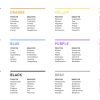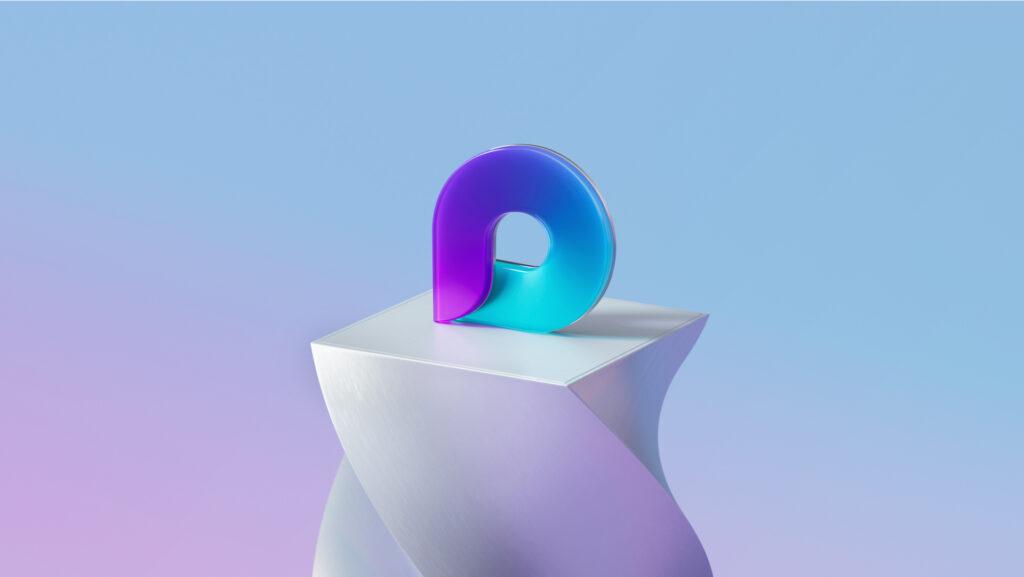
Have you ever seen a logo that made you go, “Hmm, what were they thinking?” Well, fret not, my design-savvy friends, because today we’re diving into the world of custom logos and the game-changing impact of feedback loops. Get ready to unlock the secrets to enhancing design precision and creating logos that are guaranteed to turn heads (for all the right reasons, of course). So grab your favorite sketchpad and buckle up, because it’s time to take your logo game to the next level.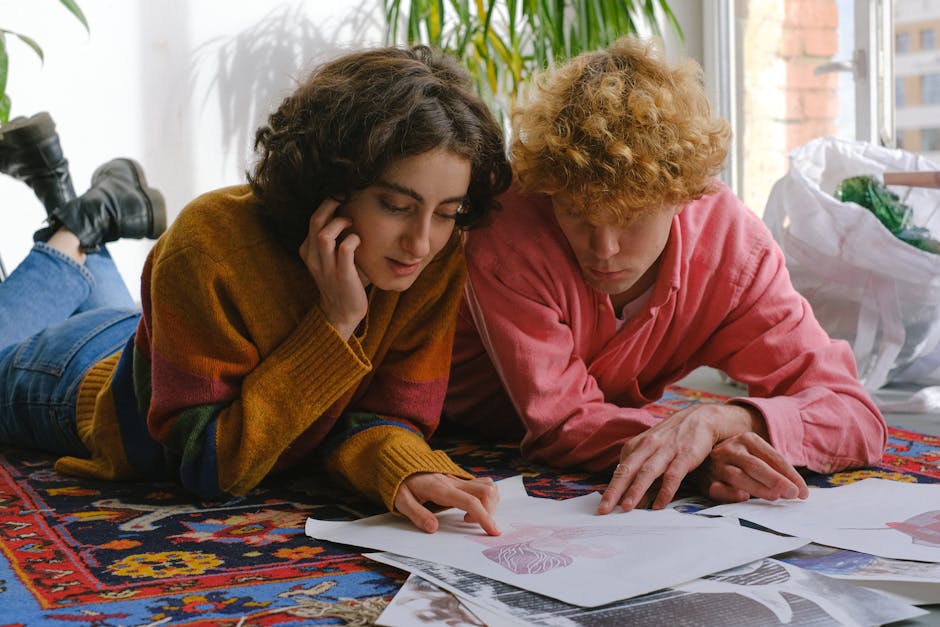
The Importance of Feedback Loops in Custom Logo Design
Feedback loops in custom logo design are like the secret sauce that makes a logo perfect. It’s like getting a second opinion on a questionable outfit choice or asking your friend if your Instagram caption is fire or just mildly warm. That extra set of eyes and perspectives can make all the difference in creating a logo that truly represents your brand.
Think about it: without feedback loops, you’re just shooting in the dark, hoping that your initial design will hit the mark. But with feedback loops, you have the power to refine and tweak your logo until it shines like a diamond in a sea of lackluster designs. It’s like having a personal trainer for your logo – pushing you to be your best and giving you that extra boost of creativity when you need it.
Not only do feedback loops help you fine-tune your logo design, but they also give you the chance to collaborate and brainstorm with others. You never know when a random comment or suggestion will spark a brilliant idea that takes your logo from good to great. It’s like a design party where everyone’s invited to bring their best ideas to the table.
So, next time you’re designing a custom logo, embrace the power of feedback loops. Seek out different perspectives, listen to constructive criticism, and don’t be afraid to make changes. Your logo will thank you for it, and your brand will be all the better for it. Now go forth and create the logo of your dreams!
Utilizing Iterative Processes for Design Precision
When it comes to design precision, one must embrace the power of iterative processes. Think of it like your favorite pair of jeans – they start off a bit stiff and uncomfortable, but after a few wears (or iterations), they fit perfectly and make you look fabulous. The same goes for design – each iteration brings you one step closer to perfection.
By utilizing iterative processes, you are able to fine-tune your designs, making them more accurate and efficient. It’s like a never-ending game of whack-a-mole, where each iteration reveals a new flaw or improvement to be made. But don’t worry, with each swing of the hammer (iteration), you get closer to hitting the jackpot.
With iterative processes, you can also say goodbye to that pesky perfectionist mindset. Instead of endlessly tweaking and second-guessing your design choices, you can make small adjustments throughout the iterative process. It’s like a mini makeover for your design, with each iteration adding a fresh coat of paint or a new accessory to make it truly shine.
Embrace the chaos of iterative processes and watch as your designs transform from rough drafts to polished masterpieces. Remember, design precision is not about being perfect from the start, but about the journey of improvement and refinement. So, grab your metaphorical sledgehammer and start smashing away at those design flaws!
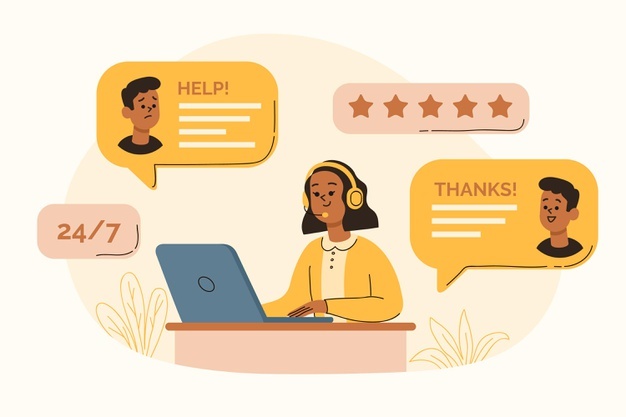
Evaluating Client Feedback for Effective Logo Creation
When it comes to receiving client feedback for logo creation, it can often feel like navigating through a wild jungle with a blindfold on. But fear not, brave designers! With the right tools and strategies, you can turn even the most cryptic client comments into a masterpiece of a logo.
First and foremost, remember that client feedback is like a treasure map – it may not always point you in the right direction, but it can lead you to hidden gems of inspiration. Keep an open mind and don’t be afraid to explore the uncharted territories of your client’s imagination.
**Here are a few tips to help you decode and evaluate client feedback effectively:**
- Listen carefully to what the client is saying, even if it sounds like they’re speaking in tongues. Take notes and ask clarifying questions to ensure you’re on the same page.
- Don’t take things too personally – remember, the client’s opinion is just that, an opinion. Just because they think a rainbow unicorn should be the face of their accounting firm doesn’t mean you have to agree.
- Look for patterns in the feedback – if multiple clients are requesting the same changes or elements, it may be worth considering incorporating them into your design.
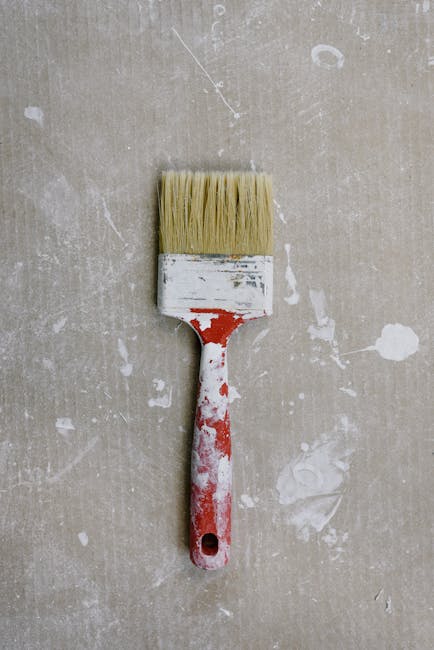
Implementing Changes and Refinements Based on Feedback
After receiving feedback from our valued users, we’ve decided to implement some changes and refinements to make our platform even better. We’ve taken your suggestions to heart and are excited to roll out these updates to enhance your experience. Here’s what you can look forward to:
- Enhanced user interface: Say goodbye to the clunky design of the past! We’ve revamped our interface to be sleeker and more intuitive, making it easier for you to navigate and find what you’re looking for.
- Improved search functionality: Searching for content on our platform will now be a breeze. Thanks to your feedback, we’ve fine-tuned our search algorithms to provide more relevant results and save you time.
- Streamlined account setup: We’ve simplified the account creation process to get you up and running faster. No more unnecessary steps or confusing forms – just a quick and easy setup to start enjoying our platform.
We’re constantly striving to provide the best possible experience for our users, and your feedback plays a crucial role in helping us achieve that goal. We appreciate your input and look forward to continuing to refine our platform based on your suggestions. Stay tuned for more updates as we work to make your experience with us even more enjoyable!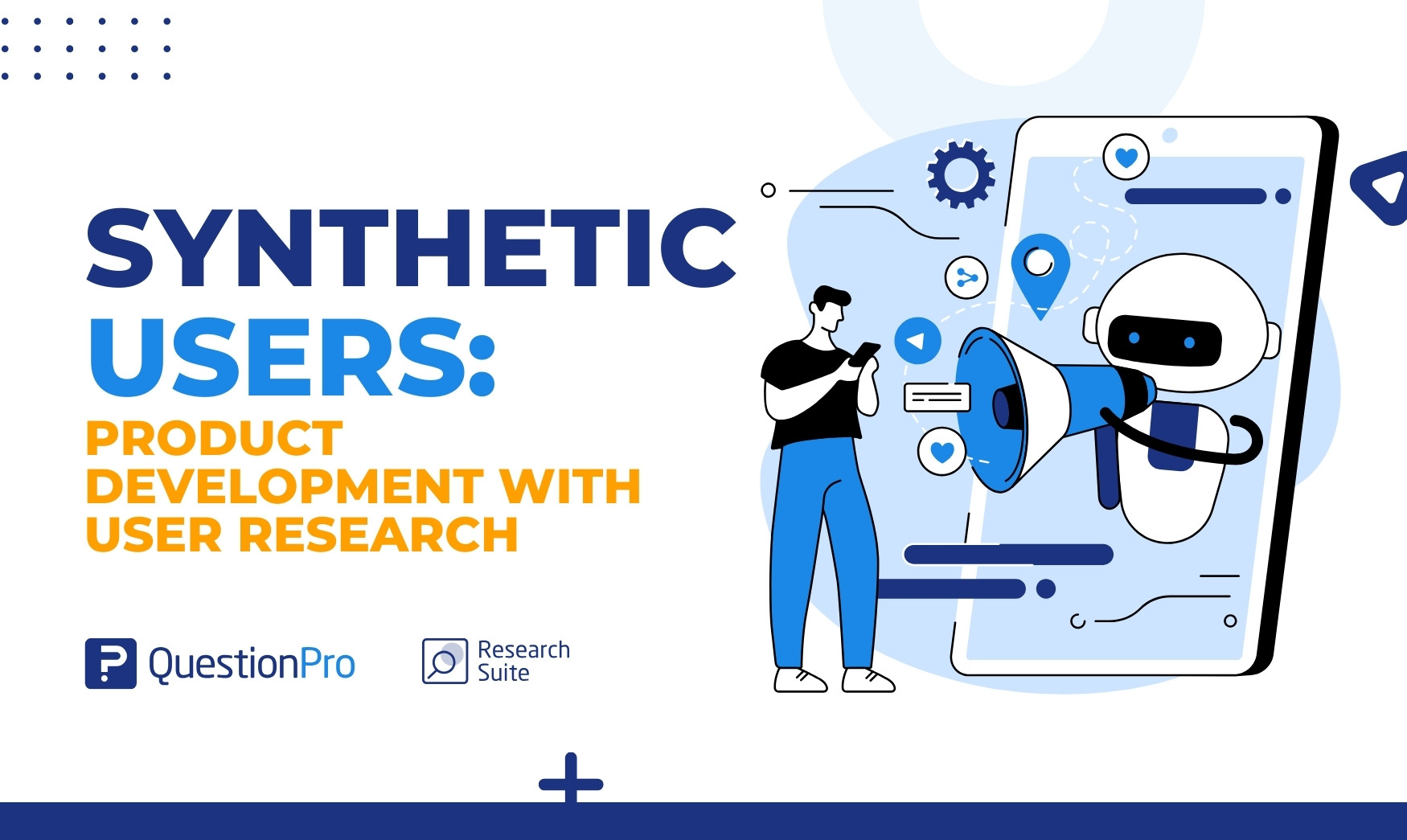
Enhancing Design Precision Through Continuous Feedback
When it comes to design, precision is key. And one way to achieve that precision is through continuous feedback. Think of it like a never-ending cycle of design improvement, kind of like a superhero constantly honing their powers to defeat the bad guys.
So, how exactly can continuous feedback enhance design precision?
- It keeps designers on their toes, constantly pushing them to improve their skills and techniques.
- It allows for real-time adjustments and tweaks, eliminating the need for major overhauls later on.
- It fosters collaboration and creativity, as different perspectives and ideas can be shared and incorporated into the design process.
Imagine a world where every design decision was made with precision and care, where every pixel was perfectly placed and every color was meticulously chosen. That world may seem far away, but with continuous feedback, we can inch closer to that design utopia one iteration at a time.
Maximizing Custom Logo Quality with Iterative Feedback Loops
So you’ve decided to create a custom logo for your business? Congrats! Now, it’s time to make sure that logo is top-notch quality. And how do you do that? By embracing the power of iterative feedback loops, of course!
Think of these feedback loops as a never-ending cycle of improvement. You take your initial design, gather feedback from your team or customers, make adjustments, and repeat. It’s like giving your logo a makeover, one tweak at a time, until it’s the belle of the ball.
With each iteration, you’ll be able to spot areas for improvement that you might have missed the first time around. Maybe the colors aren’t quite right, or the font doesn’t pop like it should. By being open to feedback and willing to make changes, you’re ensuring that your logo is the best it can be.
Remember, Rome wasn’t built in a day, and neither is a killer logo. So don’t be afraid to go through multiple rounds of feedback. Your logo will thank you for it in the end, and your business will shine brighter because of it!
FAQs
Why are feedback loops important in the design process of custom logos?
Well, dear reader, think of feedback loops as your trusty sidekick in the world of design. They help you course-correct, fine-tune, and perfect that custom logo until it’s absolutely flawless. Without them, you might as well be designing blindfolded!
How do feedback loops impact the precision of a custom logo?
Oh, you’re in for a treat with this one! Feedback loops are like the detail-oriented fairy godmothers of the design world. They make sure every line, color, and curve is just right, ensuring your custom logo is as sharp as a designer’s wit (and we all know how sharp that can be!).
Can feedback loops help in avoiding common design mistakes?
Absolutely! Think of feedback loops as your design guardian angels, swooping in to save the day when you’re about to make a boo-boo. With their help, you can steer clear of common design pitfalls and create a custom logo that’s sure to turn heads and drop jaws.
How can designers effectively incorporate feedback loops into their logo design process?
Well, my eager designer friend, it’s all about keeping an open mind and a willingness to accept constructive criticism. Embrace feedback loops like long-lost relatives at a family reunion – listen to what they have to say, make the necessary tweaks, and watch your custom logo soar to new heights of precision and perfection.
What are some benefits of utilizing feedback loops in logo design?
Oh, where do I begin? Feedback loops not only help you create a custom logo that’s as sharp as a unicorn’s horn, but they also save you time, money, and a whole lot of headache in the long run. With their guidance, you can craft a logo that’s not just good – it’s legendary.
That’s a Wrap!
Thanks for tuning in to our deep dive into the world of custom logos and the importance of feedback loops in enhancing design precision. Remember, a logo is not just a pretty picture – it’s the face of your brand, so make sure it’s as sharp as a cat’s claw! Keep those feedback loops tight and your designs even tighter. Stay creative, stay witty, and most importantly, stay on brand like a boss. Until next time, happy designing! 🎨🚀


